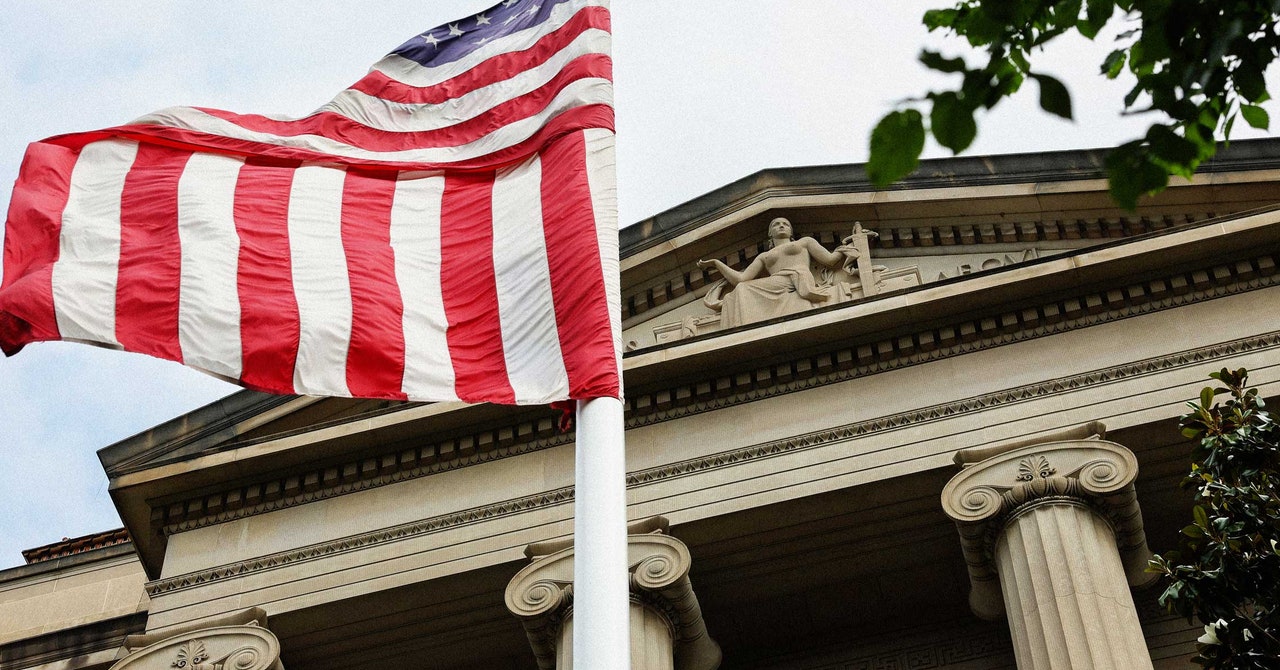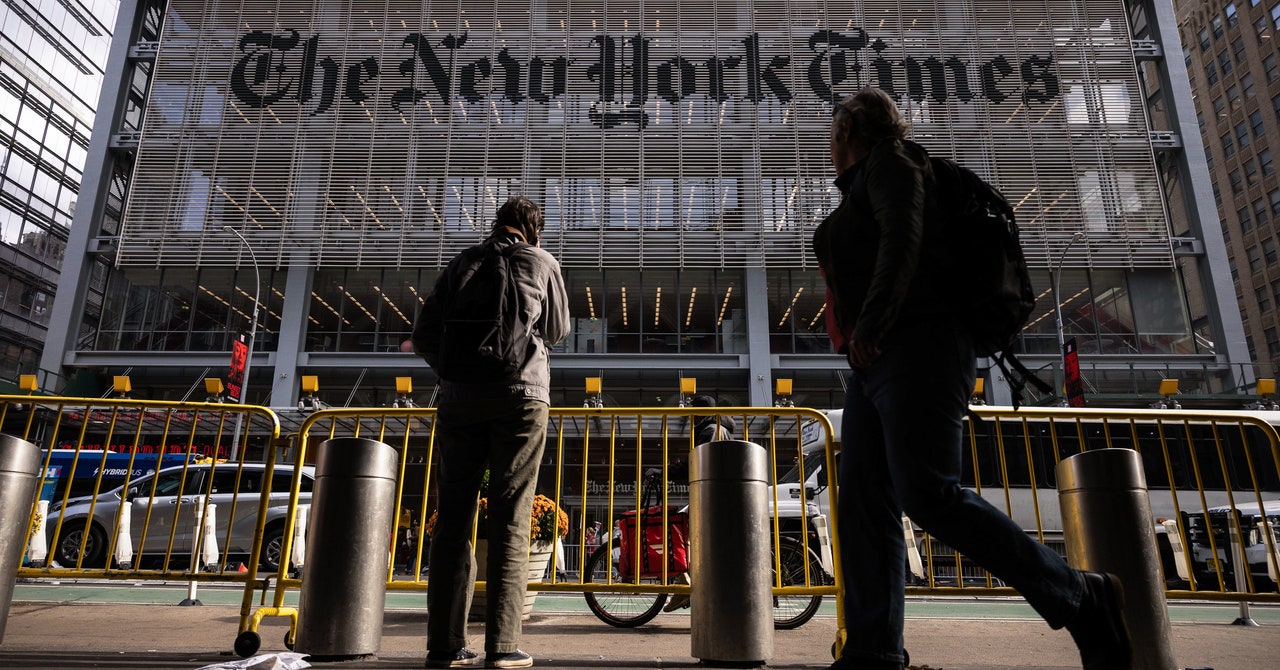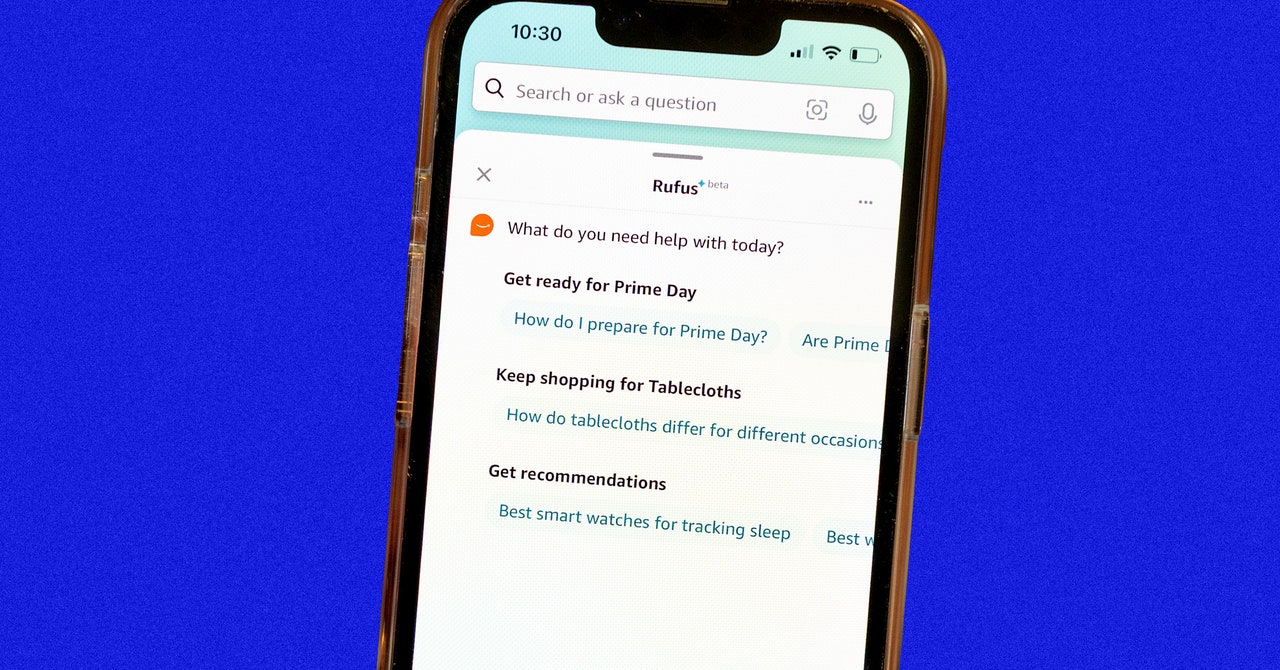It could take years for the ad market to shake out, says Adam Heimlich, a longtime digital advertising executive who has studied Google extensively. But over time, new competition can lower supply chain fees and increase innovation. That would lead to “better website monetization and better website quality,” says Heimlich, who now heads AI software developer Chalice Custom Algorithms.
Tim Vanderhook, CEO of ad-buying software developer Viant Technology, which competes and partners with Google, believes users will encounter a greater variety of ads, fewer creepy ads and pages, fewer cluttered with ads. “Greatly improved browsing experience,” he says.
Of course, everything depends on the outcome of the case. In the past year, Google has lost its other two antitrust lawsuits – regarding illegal search and monopolies in mobile app stores. Although the verdicts are on appeal, they have left the company’s critics optimistic about the ad tech trial.
Google says it faces stiff competition from Meta, Amazon, Microsoft and others. In addition, customers are alleged to have benefited from each of the acquisitions, contracts and functions that the government disputes. “Google has created a set of products that work effectively with each other and attract a valuable customer base,” the company’s lawyers wrote in a 359-page rebuttal.
For years, Google has publicly argued that its ad tech projects won’t harm customers or the competition. “We’ll be able to help publishers and advertisers generate more revenue, which will fuel the creation of even richer and more diverse content on the Internet,” Drummond testified in 2007. to US senators concerned about the DoubleClick deal’s impact on competition and privacy. US antitrust regulators at the time cleared the purchase. But at least one of them, in retrospect, said he should have blocked it.
Deep control
The Justice Department argued that the acquisition of DoubleClick provided Google with “a pool of captive publishers who now have fewer alternatives and face significant switching costs associated with changing to another publisher’s ad server.” The global market share of Google’s publisher tool is now 91 percent, according to court filings. The company holds similar control over the ad exchanges it brokers deals (about 70 percent) and the tools used by advertisers (85 percent), court filings said.
The government argued that Google’s dominance had “impaired the ability of publishers and advertisers to choose the ad technology tools they would prefer to use and reduced the number and quality of viable options available to them.”




